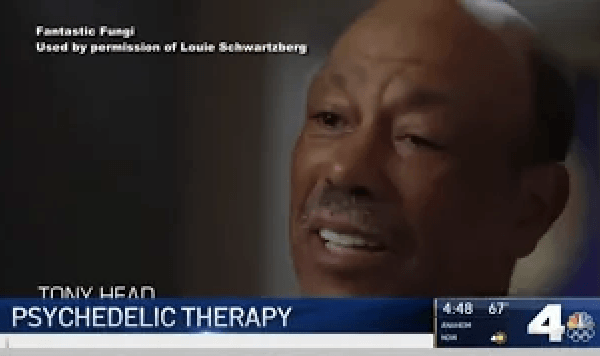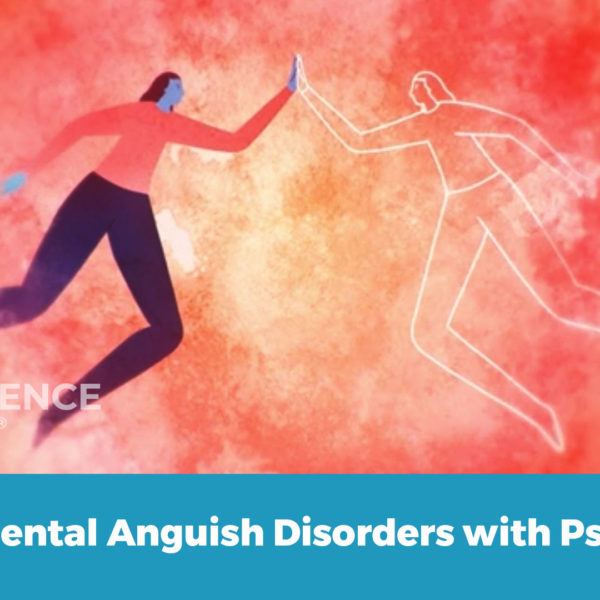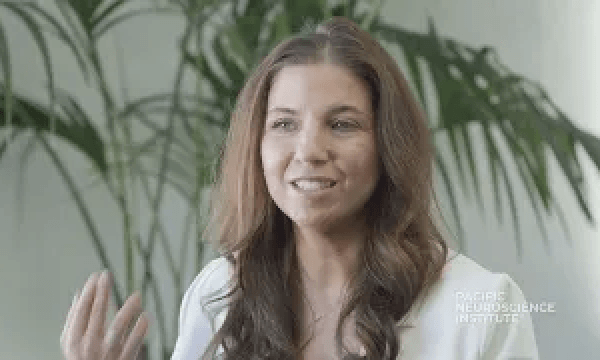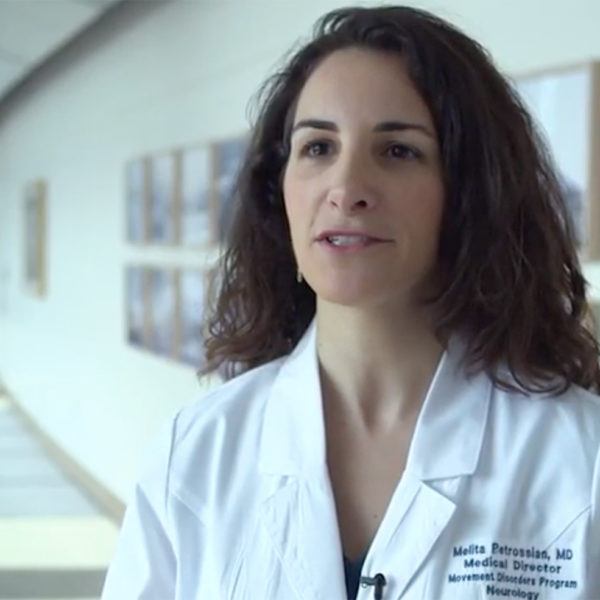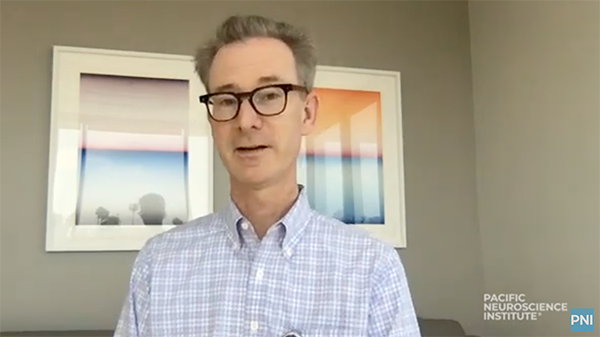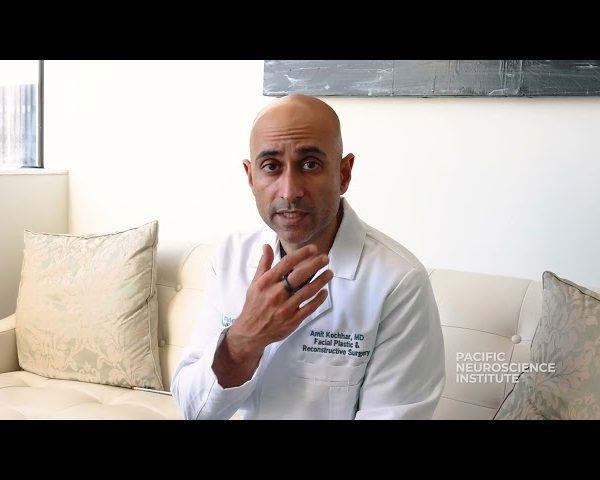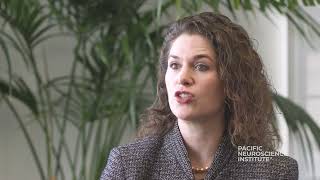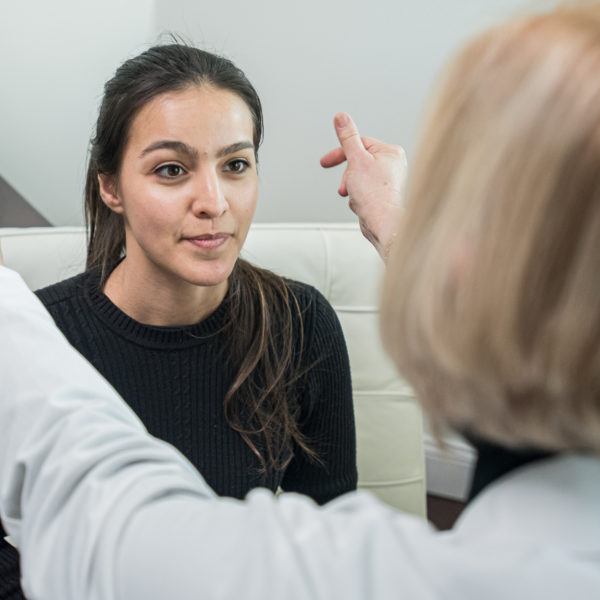A PNI Minute
Video
NBC News Features Treatment & Research In Psychedelics (TRIP) at PNI
NBC News features Pacific Neuroscience Institute's Dr. Daniel Kelly & Dr. Keith Heinzerling, and filmmaker Louie Schwartzberg, and PNI's groundbreaking psychedelic-assisted clinical trial for alcohol use disorder which launched in March 2021.
https://PacificTRIP.org
Clinical trial for alcohol use disorder: 310-582-7611
Video
Treatment & Research In Psychedelics (TRIP) at Pacific Neuroscience Institute | Explainer
At PNI’s Treatment & Research In Psychedelics (TRIP) Program, we conduct clinical trails at the forefront of innovative and transformative medicine. TRIP, spearheaded by Daniel Kelly, MD and Keith Heinzerling, MD, explores the effect of psychedelic-assisted therapy in treating conditions such as anxiety, depression, and addiction. Our wraparound program includes preparation and integration talk therapy along with one or a few doses of medicine in a safe, nurturing, clinical setting. We are finding that people experience epiphanies and long-lasting breakthroughs, which could otherwise have taken years to achieve through conventional talk therapy and daily medicine. Our larger medical community still does not understand the mechanisms of why this methodology is so sustainable.
Our aim is to bring these powerful treatments into mainstream medicine by achieving FDA approval.
TRIP Clinical Trials:
https://www.pacificneuroscienceinstitute.org/brain-health/trip-clinical-trials/
310-582-7611
Ketamine-Assisted Psychedelic Therapy:
https://www.pacificneuroscienceinstitute.org/brain-health/ketamine-therapy/
310-582-7612
Video
A PNI Minute | 5 Myths About Cochlear Implants
Though cochlear implants are incredibly useful in improving patients hearing, there are still many misconceptions and myths that surround them. For example, it's a common misconception that deafness is a requirement for cochlear implant eligibility. Another myth is that the implant requires intensive and invasive surgery. Dr. Rebecca Lewis tackles a few of the most common myths and sheds light on the truth behind them.
Rebecca (Becky) Lewis, AuD, is an audiologist and the Audiology Director of the Adult & Pediatric Cochlear Implant Program at Pacific Neuroscience Institute. She also holds the position of Adjunct Professor at Mount Saint Mary University / John Tracey Deaf and Hard of Hearing program. She has provided rehabilitative services including hearing aids, hearing protection, Osseo integrated devices, auditory brainstem implant and cochlear implant (CI) services to adults and children.
For more information: 310-477-5558
Video
A PNI Minute | Neuroplasticity and Parkinson’s Disease
Dr. Melita Petrossian, neurologist and director at Pacific Movement Disorders Center talks about brain neuroplasticity as it relates to Parkinson's disease. For more information or a consultation, visit pacificmovement.org or contact us at 310-582-7433.
Video
Psychedelic-Assisted Therapy with Ketamine at PNI
Using ketamine in a psychedelic-assisted approach, we treat people 16 years and older who are treatment-resistant or who wish to effectively tackle deep-rooted, unresolved trauma that has not been adequately addressed by other treatment options.
Ketamine is approved for use at high doses as an anesthetic in the operating room. Although not FDA-approved, lower dose “sub-anesthetic” ketamine injections are used “off-label” to treat depression, pain, and other mental health/substance use disorders.
Our program includes one or a few in-clinic ketamine dosing sessions under clinician supervision integrated with preparatory and integration counseling. By harnessing the potential psychedelic effects of ketamine, we aim to achieve more sustained results with fewer ketamine treatments compared to IV ketamine infusions without accompanying psychotherapy.
Conditions we Treat with Ketamine
Patients with the following conditions may be eligible for psychedelic-assisted therapy with ketamine.
Major Depression
Post-Traumatic Stress Disorder (PTSD)
Anxiety disorders
End-of-life existential crisis
Palliative care for disease
Drug use disorders
Alcohol use disorders
Chronic pain
Video
A PNI Minute | Acoustic Neuroma with Dr. Courtney Voelker
Dr. Courtney Voelker explains about acoustic neuroma, a benign tumor that affects the nerve for hearing and balance. Find out about signs and symptoms, and the three treatment options that are available.
310-447-5558
https://www.pacificneuroscienceinstitute.org/eye-ent/hearing/conditions/acoustic-neuroma/
https://www.pacificneuroscienceinstitute.org/eye-ent/people/courtney-voelker/
Video
A PNI Minute with Dr. Akanksha Sharma | What is Palliative Care?
Dr. Akanksha Sharma is a neuro-oncologist and palliative medicine specialist at the Pacific Brain Tumor Center at Pacific Neuroscience Institute in Santa Monica, CA. To provide extra resources to brain cancer patients suffering with brain tumors such as glioblastoma and their cargivers, Dr. Sharma opened a Supportive Care Clinic in 2020. The clinic offers services to deal with symptoms, quality of life, caregiver burden and distress, and help alleviate suffering.
PacificBrainTumor.org | 310-829-8265
Video
Multiple Sclerosis and Fatigue | Dr. Barbara Giesser
Dr. Barbara Geisser, a neurologist who specializes in treating multiple sclerosis at Pacific Neuroscience Institute discusses some of the most common symptoms experienced by those who suffer from MS. Fatigue is among one of the most common symptoms of multiple sclerosis and this fatigue can be so severe that it begins to interfere with day to day activities for some patients. This fatigue is caused by damage to nerves, but can be made worse by contributing factors like poor sleep, medications effects or other medical conditions. There are several treatments for fatigue, including a number of medications, but looking for other factors such as sleep disturbances or medications that may have a sedating effect as well as other medical conditions that may contribute to fatigue, such as low thyroid or anemia. Other strategies that can help improve MS fatigue is exercise. Fatigue is very common for those who have multiple sclerosis but it is very treatable. Contact the Pacific Neuroscience Institute for more information today.
